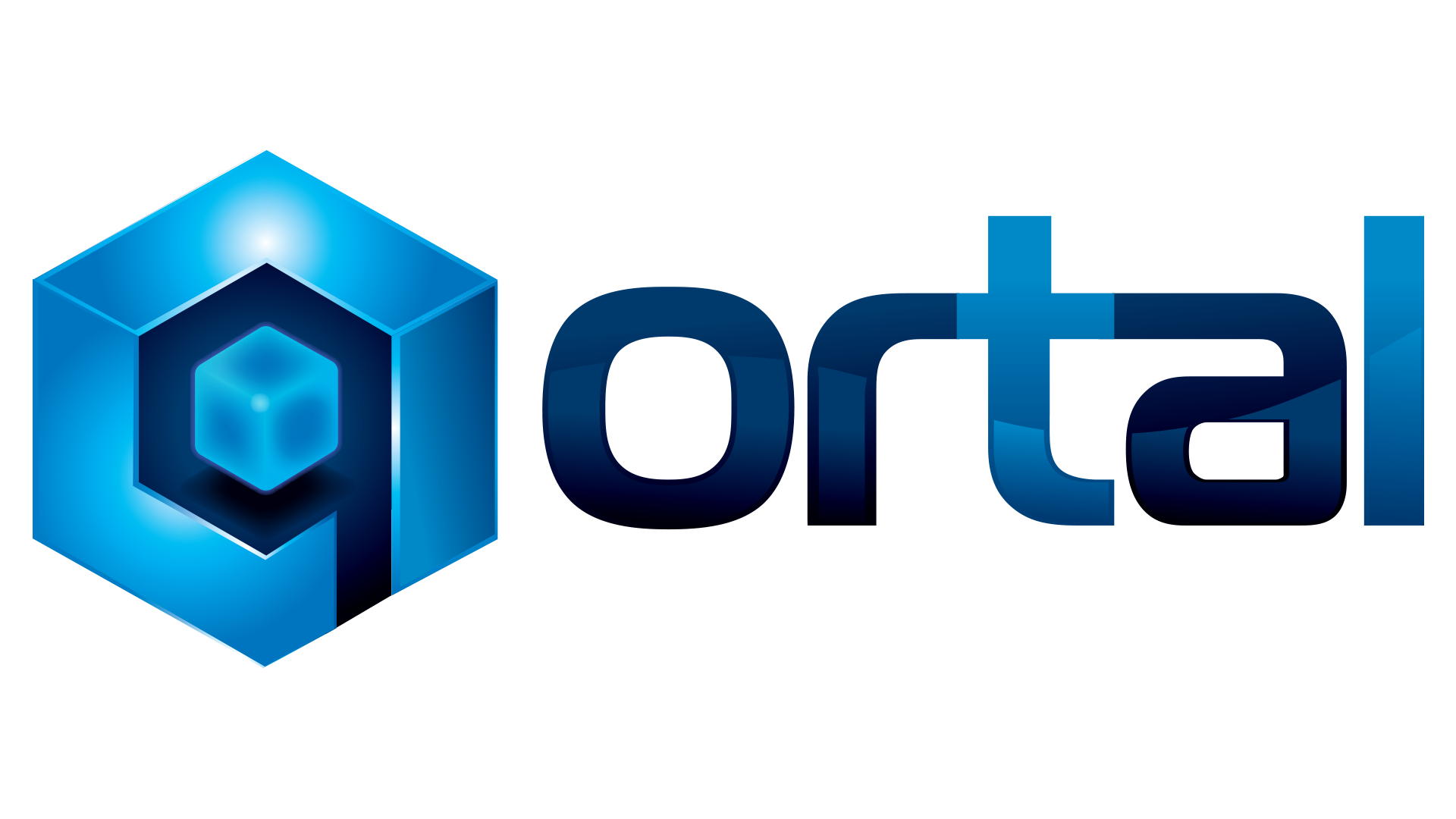GitHub Replacement
Now that the Qortal Data Network (QDN) exists, one of the first ‘applications’ planned to be built will be a GitHub replacement. For those who are not aware, ‘github.com’ is the main code repository location for most open source applications. GitHub was recently purchased by Microsoft which was a very worrying fact for a lot of people. Since GitHub is a centralized server, anything on that server could potentially be removed by Microsoft and this could cause issues for those hosting their code repositories on GitHub.
‘Git’ is the program that GitHub uses to keep track of the code and its changes. It is a decentralized application and does not require a centralized server in order to function. The only part of git that is centralized at the moment, is the GitHub repository server itself. All that needs to be removed in order to make a completely decentralized GitHub replacement, is the storage location of the code repositories. Therefore a location to store git repositories on top of Qortal is absolutely essential to making a secure, decentralized option for open source applications.
The initial concept will be to utilize the Qortal git to store the Qortal code repo, however, in the near future that functionality will be able to be expanded to allow anyone to use the Qortal git to store their open source code repository. At this point, Qortal will have a complete replacement for GitHub without any centralized authority or associated costs. Hosting an application’s code repository on top of a decentralized data storage platform like Qortal alleviates countless concerns surrounding a centralized code repository. There will no longer be ‘downtime’ and there will be no potential for ‘censorship’ of any kind including removal of code from repositories that do not fit within whatever rules the centralized owner of the repository server may have.
Qortal will provide complete freedom of open source software applications and storage of their codebase in a free and easy to distribute new system. Any code repository that obtains a data node follower will obtain another redundant copy of the repository (just as the website hosting of QDN functions now).
We'll update this page when we have more info to share on this aspect of development!
